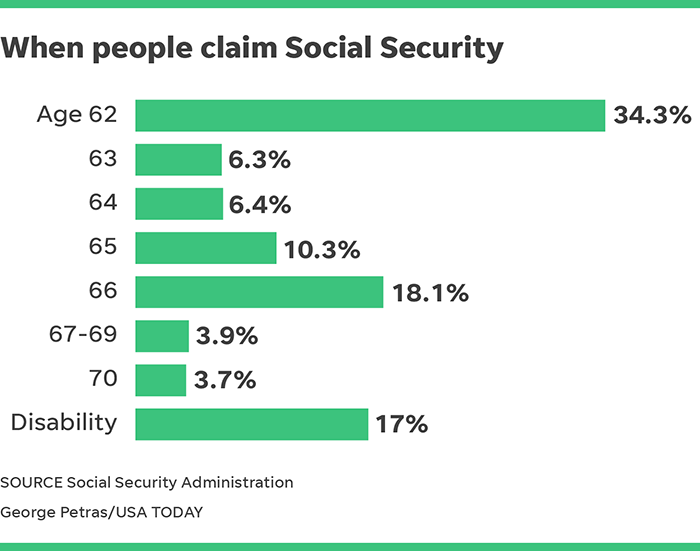From the Syracuse Post-Standard:
The nearly two-year wait for a Social Security appeal hearing in Syracuse could get even longer if the federal agency does not beef up its staff soon, Sen. Charles D. Schumer, D-NY, warned today.
Congress included an addition $440 million in the federal budget approved in March to help Social Security address chronic delays that have plagued the agency for years.
Schumer said the agency's Syracuse field office should get some of that money first because its hearing office has 9,028 pending cases, the biggest backlog in the state. He discussed the issue at a news conference at the Cicero Senior Center. ...Unfortunately, as I'm sure Senator Schumer knows, that $440 million isn't enough to do much good. It's going to take budget increases well over a billion dollars a year to noticeably improve service at Social Security.

